|
Somerset BKA’s new education support group, made up of four Master Beekeepers, has launched with a flying start.
There’s been an overwhelming response to news of our first county-wide queen rearing course, ‘How to rear your own queens when you only have two or three hives’. Within hours of sending an email to members the course was three times over-subscribed. Currently tutors are looking at additional dates and will inform anyone who has registered an interest in due course. Also, the training day later this month for members interested in taking the BBKA's honey bee health certificate is full. Meanwhile, the group publishes articles in SBKA’s newsletter and on the website. Thank you to all SBKA members who completed our annual end-of-season survey.
The findings reveal that on average members have more colonies at the end of the season than at the beginning and most enjoyed an excellent harvest. Summary: On average a member has five colonies going into winter (one more than in the Spring), harvested up to 50 lbs per productive colony and 175 lbs in total. Based on the findings provided by the 222 members who completed the online questionnaire, the total membership harvested more than 60 tonnes or 134,000 lbs from nearly 4,250 colonies.
For a detailed breakdown of responses to each question, take a look at the January newsletter. This is the first in a series of educationally-based articles written by Master Beekeeper Tricia Nelson from Quantock Division. The end of one beekeeping season and the start of another; time to reflect on what happened this year and what you want to do next. What went well for your bees? What didn’t? What might be worth trying next year? So, what sticks out in my recollections of the year which might be of interest to you? Driving bees We have all learned that bees walk uphill into dark spaces. Hence smoking swarms up into skeps, tucking your trousers in your socks and covering your wrists so they don’t walk up your trousers and sleeves. Some of us have shaken a swarm out onto a sheet arranged over a sloping board leading up to a new hive and watched them slowly processing into the hive and how they surge up and in once the queen enters. However, seeing exactly the same behaviour in response to a rhythmic and persistent tapping on the sides of the skep with no smoke used at all was extraordinary. It was so quick, almost instantaneous. I hope you enjoy the videos and the photos. Saving the brood comb Equipment needed:
I thought this was an extremely useful technique to learn, very difficult in the hot conditions facing David during his demo, but particularly useful if you have do a cut out when retrieving a swarm, so perhaps it is worth keeping a few strung frames, a flat board and a knife on standby for just such occasions!
At the start of Asian hornet week (Sept 9-15) Somerset Beekeepers Association has published a suite of Asian hornet resources we've produced and are happy to share.
Meanwhile our Asian hornet actions teams are busy following up on reports from local people. For example, in the Minehead and Exmoor area there have been several unconfirmed sightings which the local AHAT is investigating. Our Asian hornet roadshow rolls into Taunton's Farmers Market on Thursday & Somerset County Show on September 21-22. The NBU found and destroyed an Asian hornet nest in Tamworth, Staffordshire last week. In Jersey they have caught 69 queens and discovered 54 nests so far this year. While here in Somerset we haven't had a confirmed sighting yet but fear it is just a question of time. If you spot an Asian hornet, perhaps feeding on flowering ivy, take a photo and report through the Asian Hornet Watch app or alertnonnative@ceh.ac.uk. If you need some help, contact us direct asianhornet@somersetbeekeepers.org.uk Anne Rowberry, Somerset AHAT member and BBKA Vice Chair writes:
"An Asian hornet sighting was confirmed in the Tamworth area of Staffordshire on September 2, 2019. This is the first report since July, when a single hornet was confirmed in New Milton, Hampshire. In each case they were spotted and reported by a member of the public. Since 2016, there have been a total of 15 confirmed sightings of the Asian hornet in England and six nests have been destroyed. Nine of these sightings occurred in 2018; an individual hornet in Lancashire (April) and Hull, three in Cornwall, two in Hampshire, one in Surrey (all September) and one in Kent (October). The risk of an active Asian hornet nest being found in the UK is negligible during the colder winter months, but higher during the summer. Asian hornets have already been spotted this year in countries close to the UK (France and Jersey) and a risk remains at all times of year of accidentally transporting an Asian hornet when returning to the UK from abroad. It is crucial you report any possible sightings so our experts can take quick and effective action to eradicate Asian hornets." Asian hornets are a notifiable invasive species and should be reported immediately, preferably with a photo: Asian Hornet Watch app for iPhone Asian Hornet Watch app for Android or asianhornet@somersetbeekeepers.org.uk the online recording form http://www.brc.ac.uk/risc/alert.php?species=asian_hornet alertnonnative@ceh.ac.uk Congratulations to Mark and Christine Gullick from Burnham Division who were awarded the Bronze Bee for winning the most points at Bristol’s Bee and Pollination Festival on Saturday.
They beat extremely tough competition to scoop seven firsts, five seconds, three thirds and one highly commended. Next stop: the National Honey Show! Student Amelia Threadgould, a member of Devon Beekeeping Association, is researching ecosystem services and honeybee foraging habits in rural and urban environments for a masters degree with The University of Warwick.
She is collecting data from local beekeeping associations throughout England and would welcome input from Somerset beekeepers. The aim of the survey is to finding out what possible policy changes would be welcomed by hobbyist beekeepers, for example; subsidies, reduced tax on beekeeping equipment, funding for training etc. She says the survey is completely anonymous and has been approved by an ethics committee. There are further details on the introduction page of the survey, along with a brief overview of the research. http://warwick.co1.qualtrics.com/jfe/form/SV_dgnpAIKr7QKCVHn BBKA General Manager Leigh Sidaway has asked us to share this info about their queen rearing courses.
The BBKA is organising courses for beekeepers, with at least three years' experience, at several venues around the country: Somerset: August 3rd & 4th at Quantock Apiary near Bridgwater Wales: August 10th & 11th at Gregynog Hall, Tygynon, Nr Newtown Warwickshire: September 14th & 15th at BBKA Apiary, Stoneleigh Cleveland: September 17th & 18th, venue to be confirmed Details of other courses will be posted on the BBKA website when confirmed. The whole course is focussed on the General Husbandry standard with the objective of each attendee going home able to run their queen rearing matched to their needs. It will not be prescriptive and will enable the attendees to make up their own mind about the method they would like to employ. It will not focus on grafting, although it is a method that everyone should at least have tried at some point. The course will be theory plus time in the apiary when different methods of queen rearing will be discussed and demonstrated. There will also be several queen related manipulations, again to the General Husbandry standard. There will be a maximum of twelve on each course and there will be two tutors. The lead tutor will be Sean Stephenson who has a lot of experience in queen raising and delivering courses. The cost of the course will be £75 which will covers coffee, tea and biscuits but please bring a packed lunch with you. The timing for the courses will be confirmed later but will start on Saturday morning and end on Sunday afternoon. If you would like to apply for a place on the course please apply through the website shop: https://www.bbka.org.uk/pages/shop/department/training-courses or contact the BBKA office on 02476 696679. In this month's SBKA newsletter, AHAT co-ordinator Lynne Ingram says public enquiries are coming in.
"The AHATs have been busy fielding calls or emails from members of the public who believe they have spotted an Asian Hornet. Most have been European hornets or hornet mimic hoverflies. The Exmoor team headed out to check out a possible sighting but after a day in the area did not find anything. The photo in that case seemed to show a melanistic European Hornet with the yellow headband visible. These almost all black European hornets have added to identification confusion, but they are distinguished from Asian Hornets by a having brown legs and a yellow ‘headband’." Asian hornets (Vespa velutina nigrithorax) are slightly smaller than native European hornets and look like large black wasps with an orange face and yellow legs:
If you see an Asian hornet, take a photo and report it on the Asian Hornet Watch app or contact asianhornet@somersetbeekeepers.org for further advice. For the first time we're staging a second exhibit exclusively focusing on Asian hornets (Vespa velutina nigrithorax) at the Royal Bath & West Show which runs from tomorrow until Saturday (May 29-June 1) in Shepton Mallet.
We want to alert visitors to the imminent arrival of Asian hornets in the UK this season with huge banners, Asian Hornet Action Team co-ordinator Lynne Ingram's glass cases displaying pinned Asian hornets and other insects, leaflets and cards to take away and children's colouring-in sheets. Our AHAT will be on hand to talk to beekeepers and the public about Asian hornets - how to identify them, how to report them, the threat they pose to our honeybees and other pollinators. In Jersey 70 plus Asian hornet queens have been discovered already this year; in France, where Asian hornets arrived in 2004, honey production is down by 50 per cent which reflects the impact these hornets are having on honeybee numbers. Asian hornets are a notifiable invasive species and should be reported immediately with photo using: Asian Hornet Watch app asianhornet@somersetbeekeepers.org.uk alertnonnative@ceh.ac.uk |
Archives
December 2023
Categories
All
|
Somerset Beekeepers Association Charity © 2021 Registered CIO Charity 1206483
Affiliated to the British Beekeepers Association
Click here to view our Privacy Policy
Affiliated to the British Beekeepers Association
Click here to view our Privacy Policy
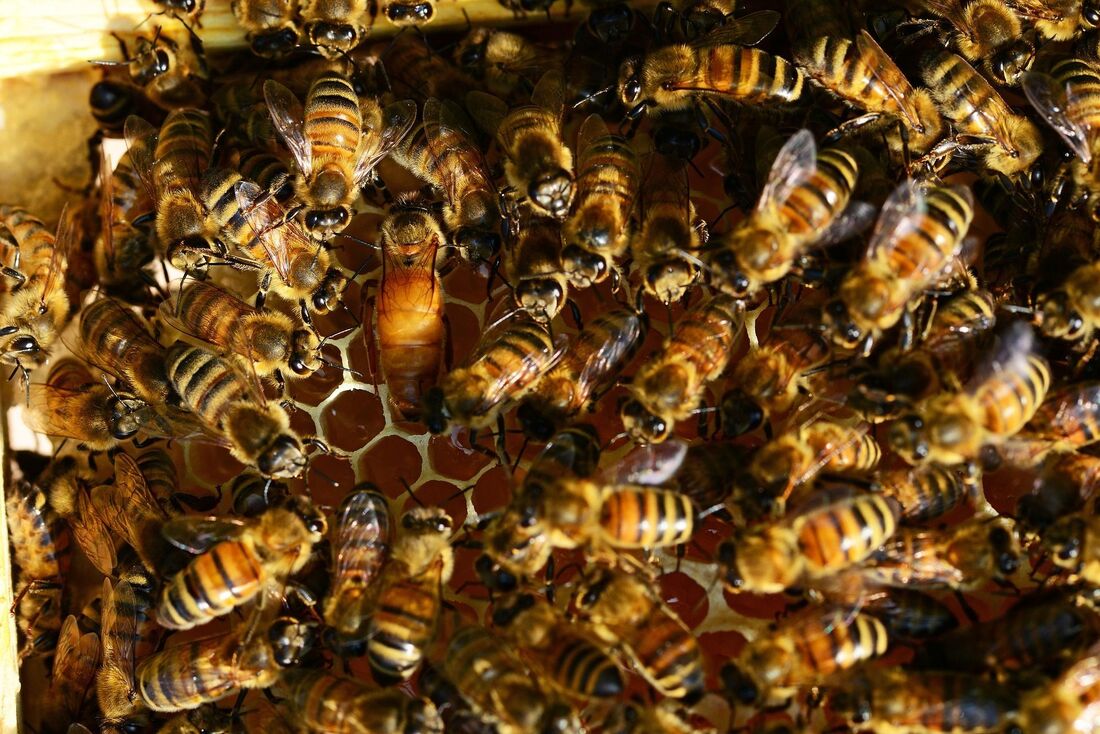
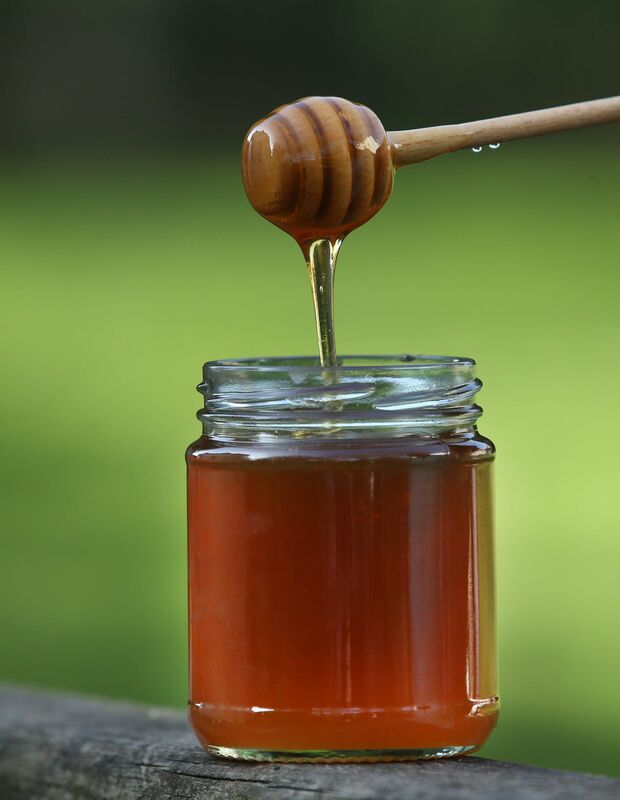
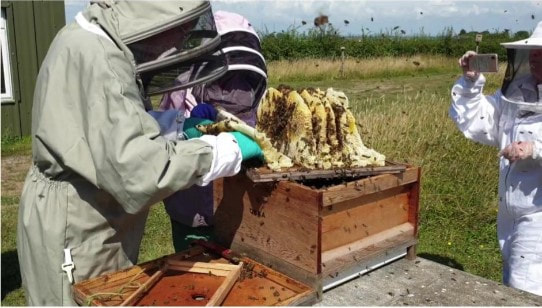
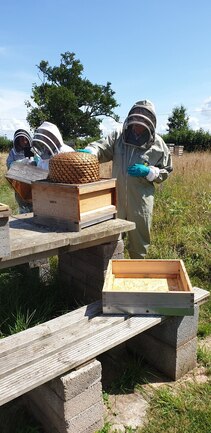
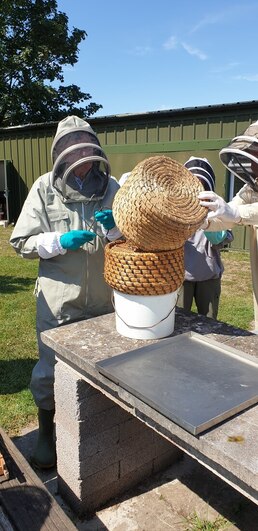
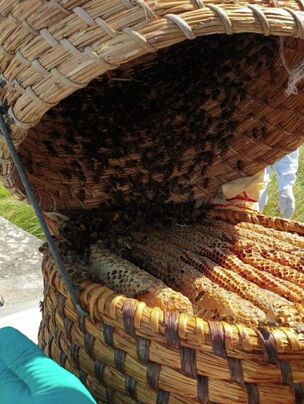
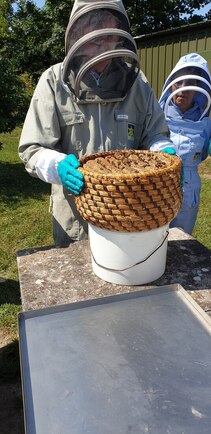
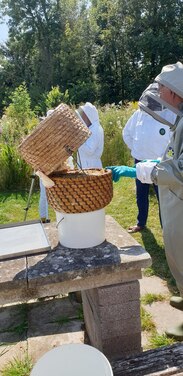
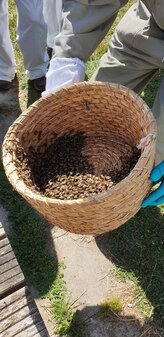
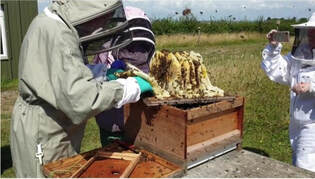
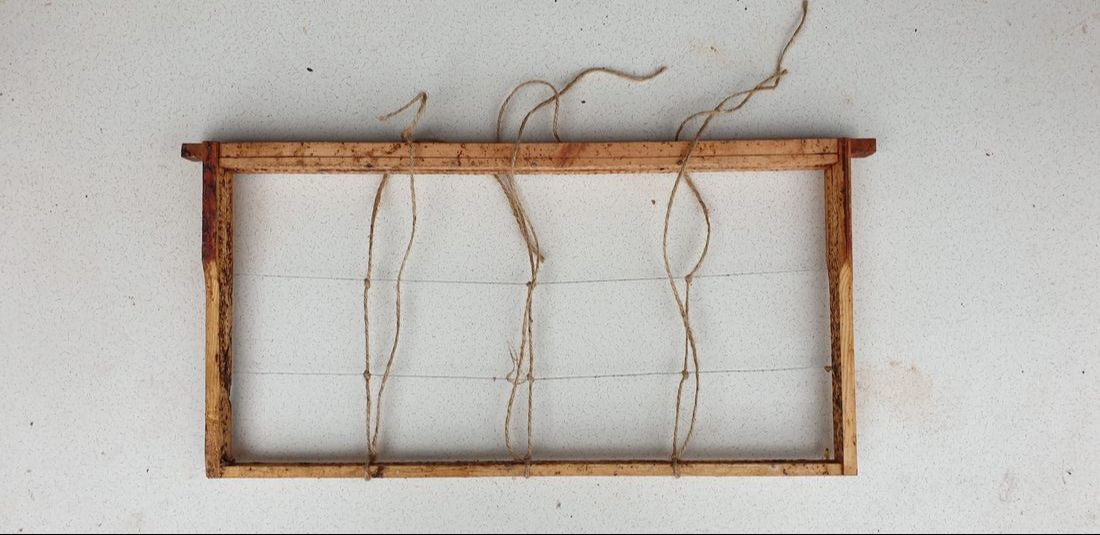
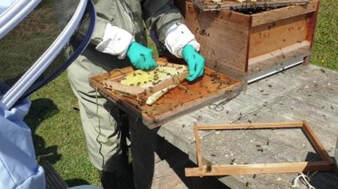
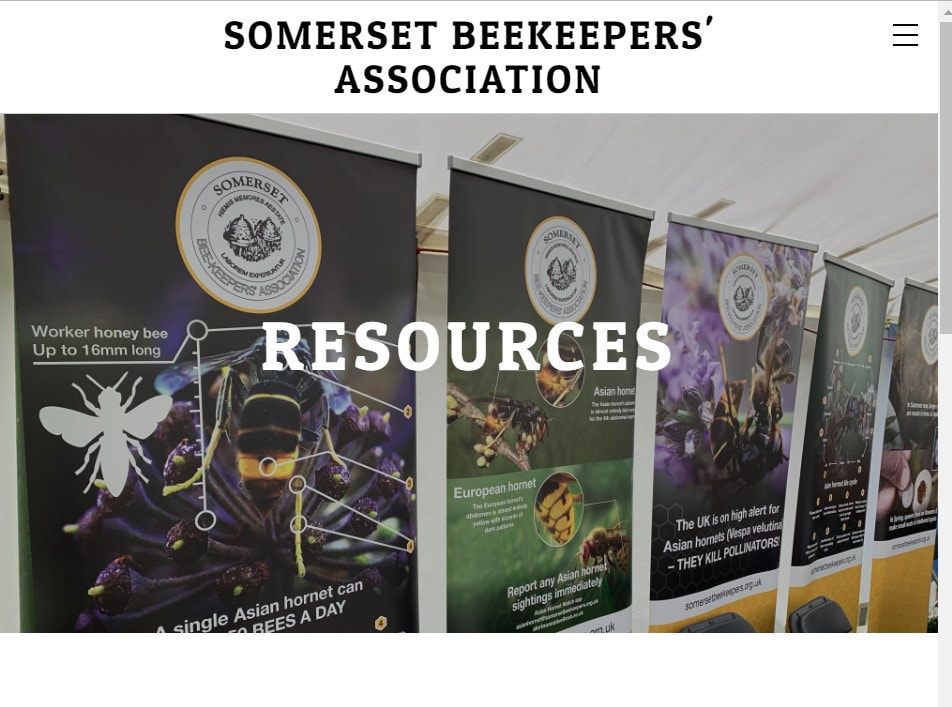
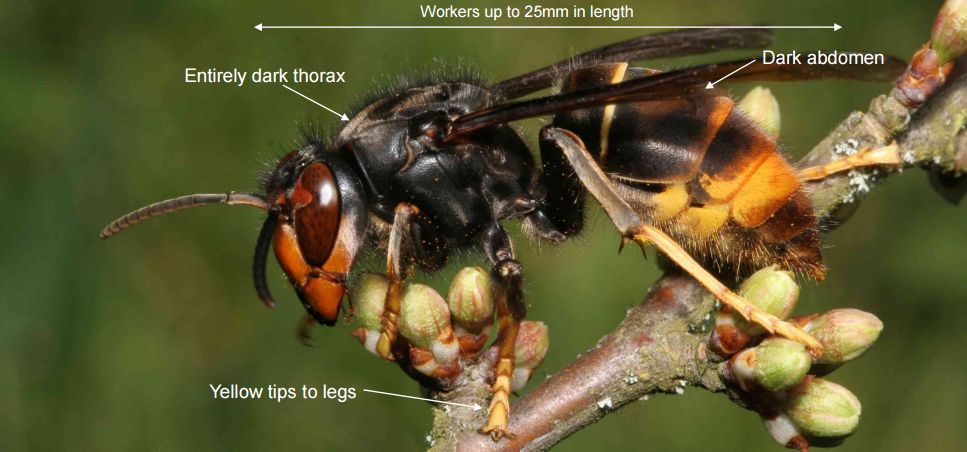
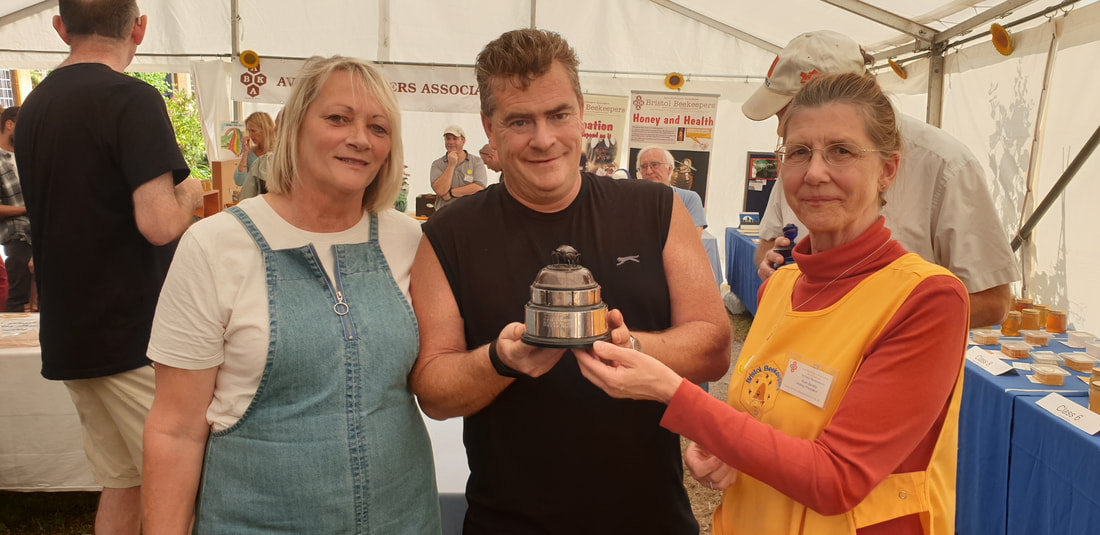
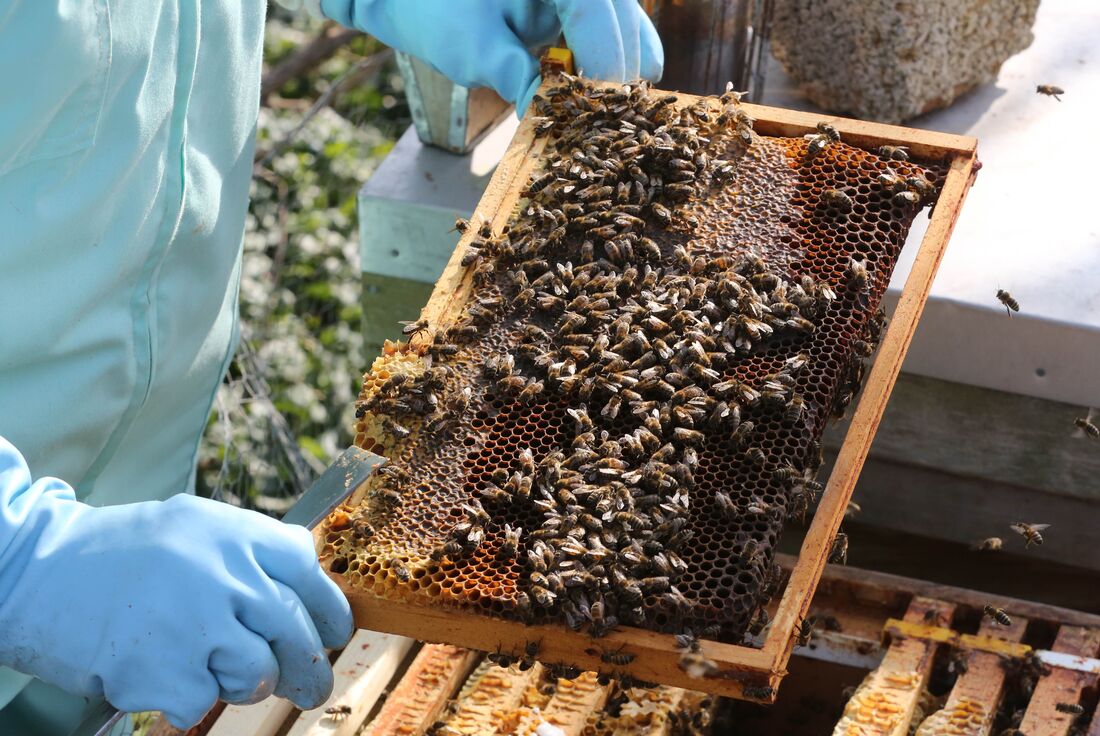
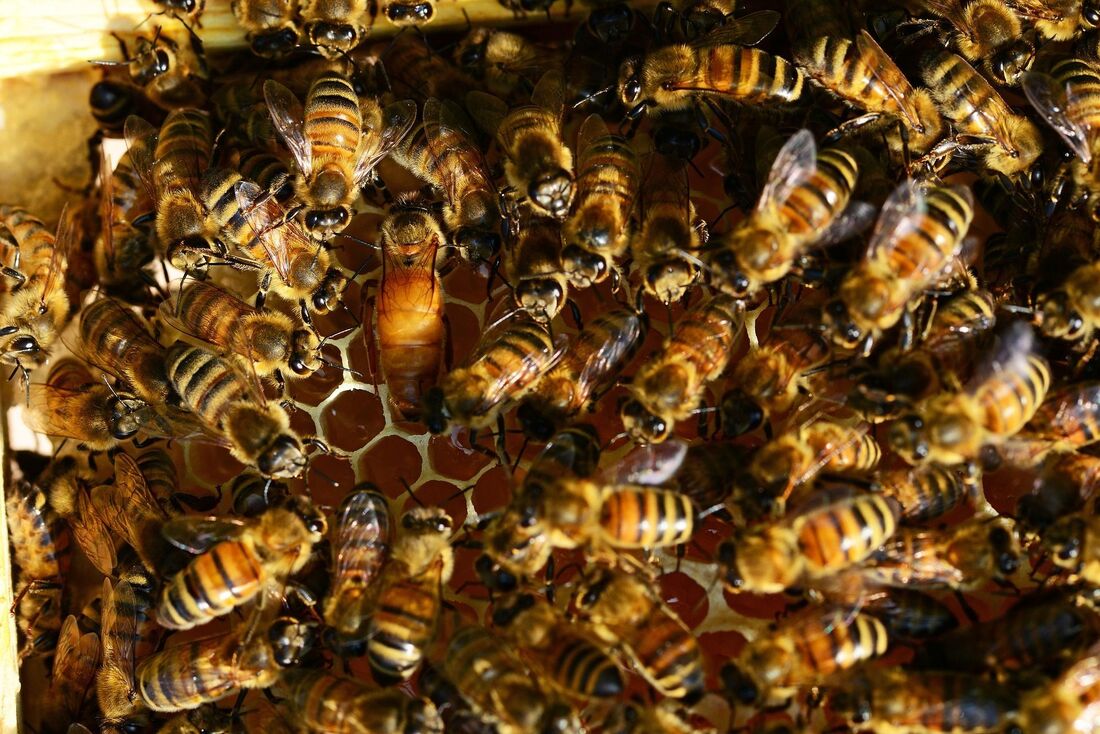
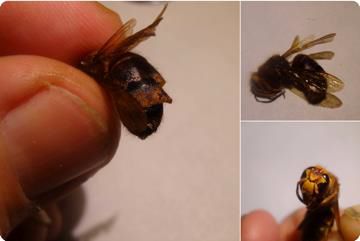
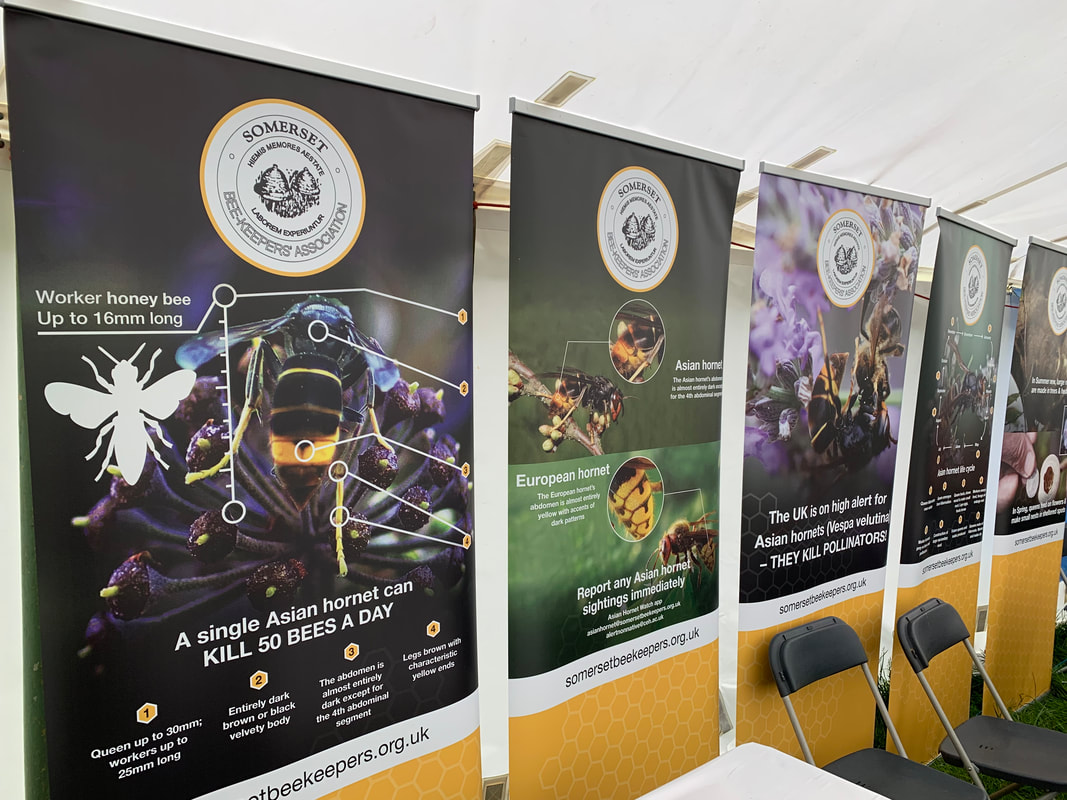
 RSS Feed
RSS Feed
